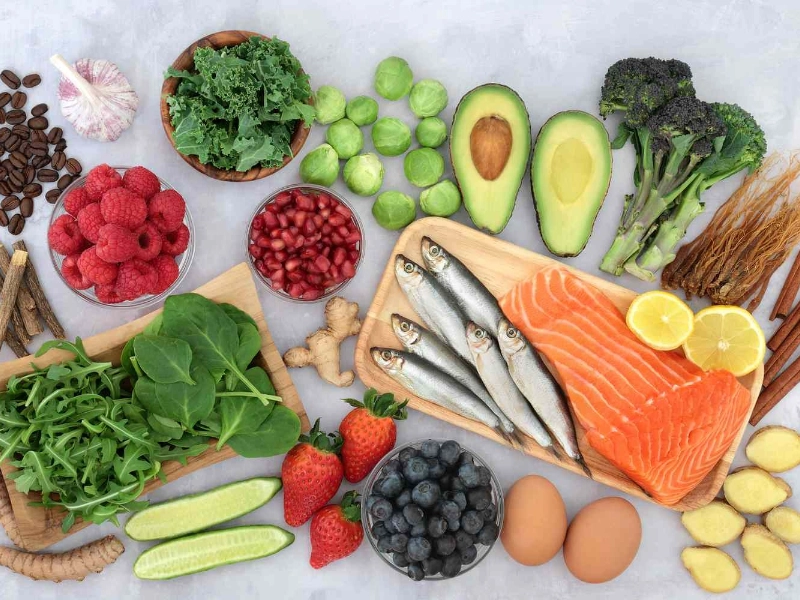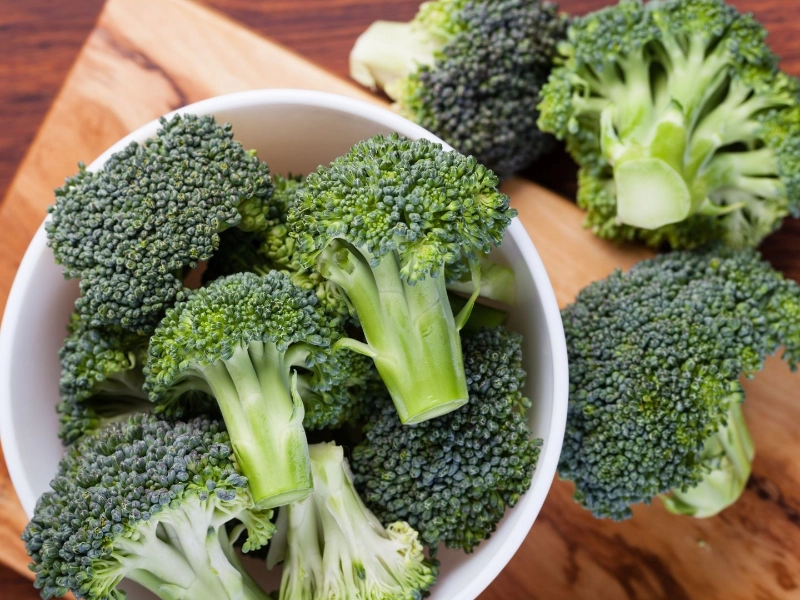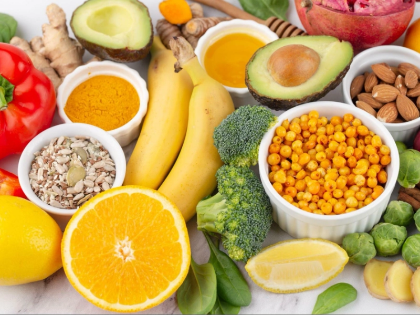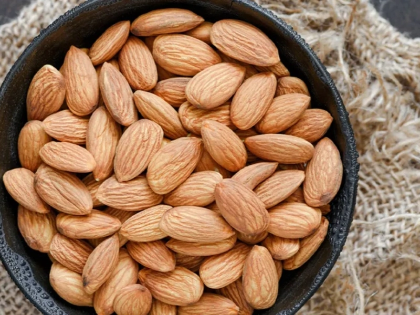The Anti-Inflammatory Benefits of Adding Broccoli to Your Diet
Advertisement
1. Appreciating Inflammation The body naturally responds to damage or illness via inflammation. It's a defence mechanism of the immune system that fights off infections and aids in healing of wounds. Still, persistent inflammation can cause a variety of health problems including autoimmune diseases, diabetes, and heart disease. For general health then, controlling inflammation with nutrition is really vital. Including anti-inflammatory items in your diet can help you fight inflammation the most; broccoli is a great friend in this regard.

Advertisement
 4. The Part Fibre Plays in Lowering Inflammation Reducing inflammation depends much on the fibre content in broccoli. Reducing levels of inflammatory markers in the body have been connected to a high-fiber diet. Maintaining a balanced immune response depends on a healthy gut flora, which fibre helps with digestion and fosters. Since a healthy gut can help stop systematic inflammation from starting, broccoli is a great complement to any anti-inflammatory diet. Eating foods high in fibres, like broccoli, can also help control blood sugar levels, so lowering the risk of disorders connected to inflammation.
5. Broccoli and Heart Condition Heart disease is far more likely in those with chronic inflammation. Through its anti-inflammatory qualities, broccoli can help to maintain heart health by including into your diet. Crucially for cardiovascular health, studies have found that broccoli's antioxidants and fibre aid lower blood pressure and cholesterol levels respectively. Furthermore, broccoli's potassium helps control heart activity and can help to sustain appropriate blood pressure levels.
4. The Part Fibre Plays in Lowering Inflammation Reducing inflammation depends much on the fibre content in broccoli. Reducing levels of inflammatory markers in the body have been connected to a high-fiber diet. Maintaining a balanced immune response depends on a healthy gut flora, which fibre helps with digestion and fosters. Since a healthy gut can help stop systematic inflammation from starting, broccoli is a great complement to any anti-inflammatory diet. Eating foods high in fibres, like broccoli, can also help control blood sugar levels, so lowering the risk of disorders connected to inflammation.
5. Broccoli and Heart Condition Heart disease is far more likely in those with chronic inflammation. Through its anti-inflammatory qualities, broccoli can help to maintain heart health by including into your diet. Crucially for cardiovascular health, studies have found that broccoli's antioxidants and fibre aid lower blood pressure and cholesterol levels respectively. Furthermore, broccoli's potassium helps control heart activity and can help to sustain appropriate blood pressure levels.
 6. How might you include broccoli into your diet? Including broccoli in your diet is tasteful and simple. One can have it raw, steamed, roasted, or stir-fried. Including broccoli into soups, salads, and casseroles increases nutritional value in addition to improving taste. Raw broccoli florets would be great for a quick snack dipped in hummus or yogurt-based sauces. By experimenting with several cooking techniques, one can preserve its nutrients and create more fun meals.
7. Effect of Cooking Techniques Although raw broccoli is healthy, some cooking techniques might boost its anti-inflammatory properties. Since steaming broccoli reduces nutritional loss relative to boiling, it is among the best methods to retain its nutrients. Maintaining its health advantages, lightly sautéing or roasting broccoli can also improve its flavour and texture. But overcooking might cause a loss of important nutrients, hence it's crucial to strike a balance in the cooking techniques.
6. How might you include broccoli into your diet? Including broccoli in your diet is tasteful and simple. One can have it raw, steamed, roasted, or stir-fried. Including broccoli into soups, salads, and casseroles increases nutritional value in addition to improving taste. Raw broccoli florets would be great for a quick snack dipped in hummus or yogurt-based sauces. By experimenting with several cooking techniques, one can preserve its nutrients and create more fun meals.
7. Effect of Cooking Techniques Although raw broccoli is healthy, some cooking techniques might boost its anti-inflammatory properties. Since steaming broccoli reduces nutritional loss relative to boiling, it is among the best methods to retain its nutrients. Maintaining its health advantages, lightly sautéing or roasting broccoli can also improve its flavour and texture. But overcooking might cause a loss of important nutrients, hence it's crucial to strike a balance in the cooking techniques.
 8. Convenient Choice: Broccoli Supplements Broccoli pills are accessible for those who find it difficult to eat sufficient veggies in their diet. Many times using concentrated versions of broccoli extract, these supplements offer a practical approach to get the health advantages. Still, whole meals are usually the finest source of nutrients since they include a sophisticated mix of molecules that interact in concert. If you are thinking about supplements, it is advisable to see a medical practitioner to be sure they meet your dietary requirements.
9. Synopsis Including broccoli into your diet has many anti-inflammatory properties that might improve general health. Its high nutritional value—including antioxidants and fiber—helps fight chronic inflammation, therefore boosting heart health and a healthy immunological response. Including this adaptable vegetable in your meals can help you to proactively lower inflammation and boost your health. Whether eaten roasted, steamed, or raw, broccoli is a great and nutrient-dense addition to any diet enhancement effort.
8. Convenient Choice: Broccoli Supplements Broccoli pills are accessible for those who find it difficult to eat sufficient veggies in their diet. Many times using concentrated versions of broccoli extract, these supplements offer a practical approach to get the health advantages. Still, whole meals are usually the finest source of nutrients since they include a sophisticated mix of molecules that interact in concert. If you are thinking about supplements, it is advisable to see a medical practitioner to be sure they meet your dietary requirements.
9. Synopsis Including broccoli into your diet has many anti-inflammatory properties that might improve general health. Its high nutritional value—including antioxidants and fiber—helps fight chronic inflammation, therefore boosting heart health and a healthy immunological response. Including this adaptable vegetable in your meals can help you to proactively lower inflammation and boost your health. Whether eaten roasted, steamed, or raw, broccoli is a great and nutrient-dense addition to any diet enhancement effort.
Advertisement








